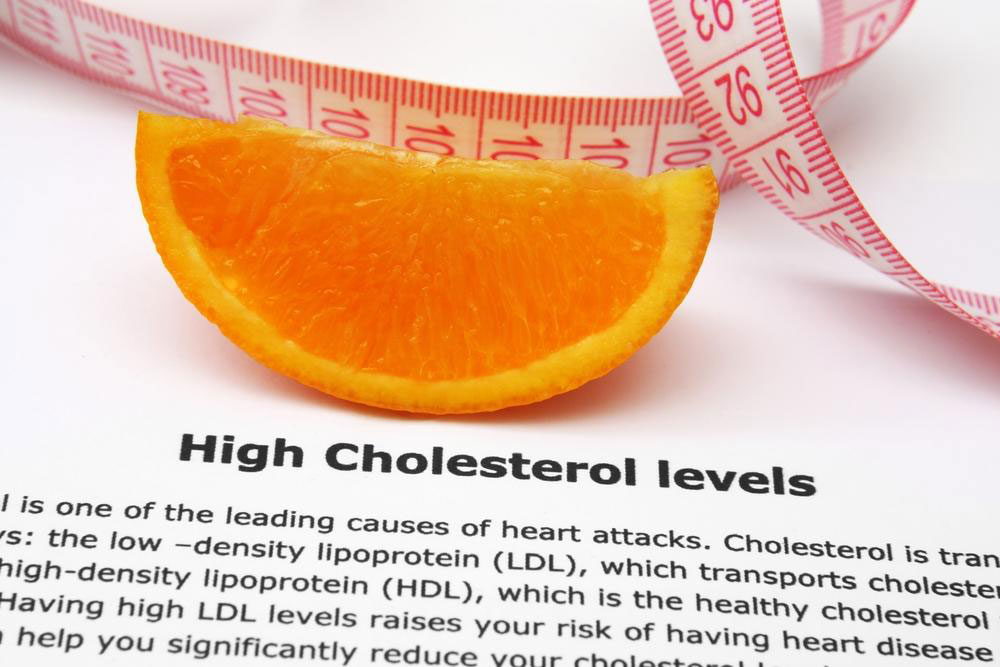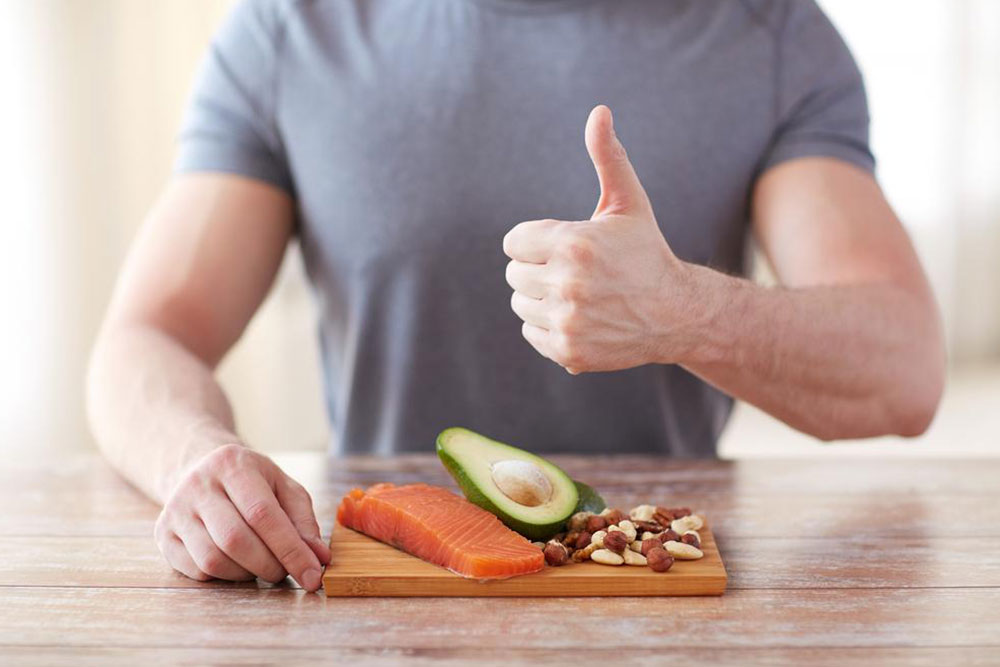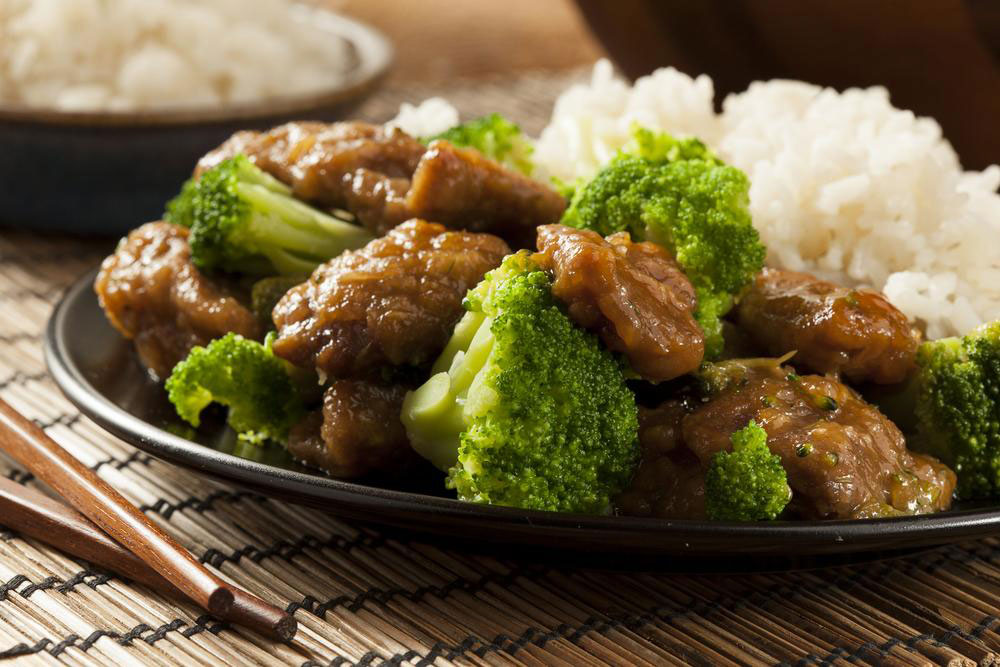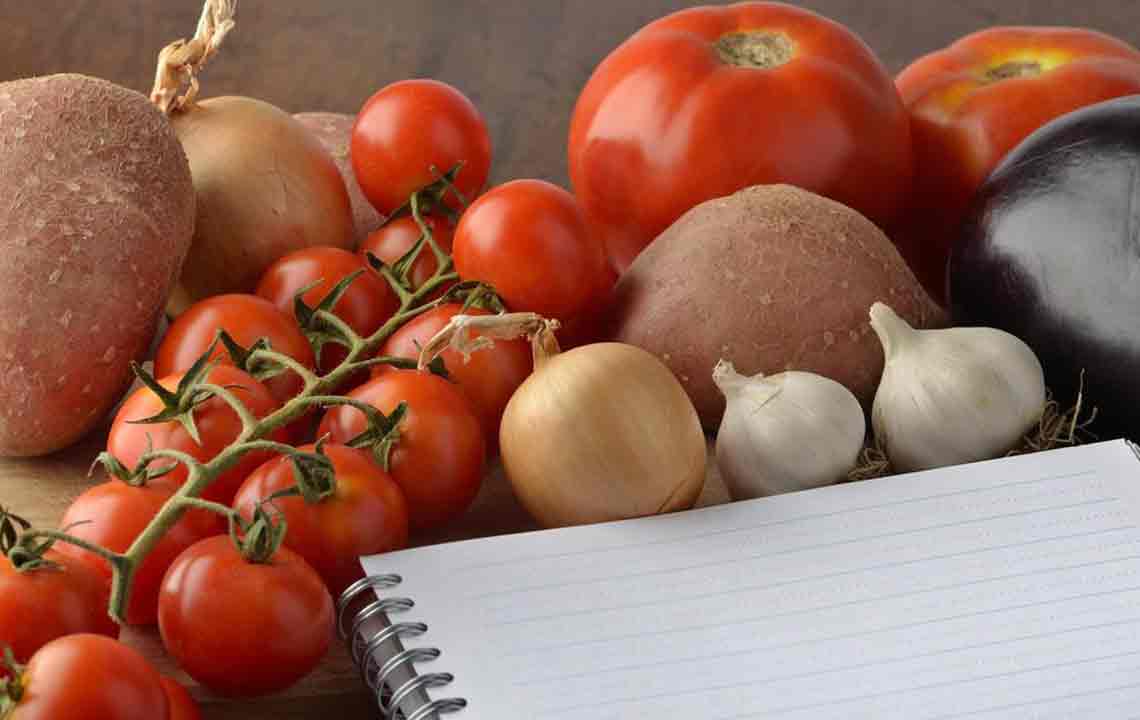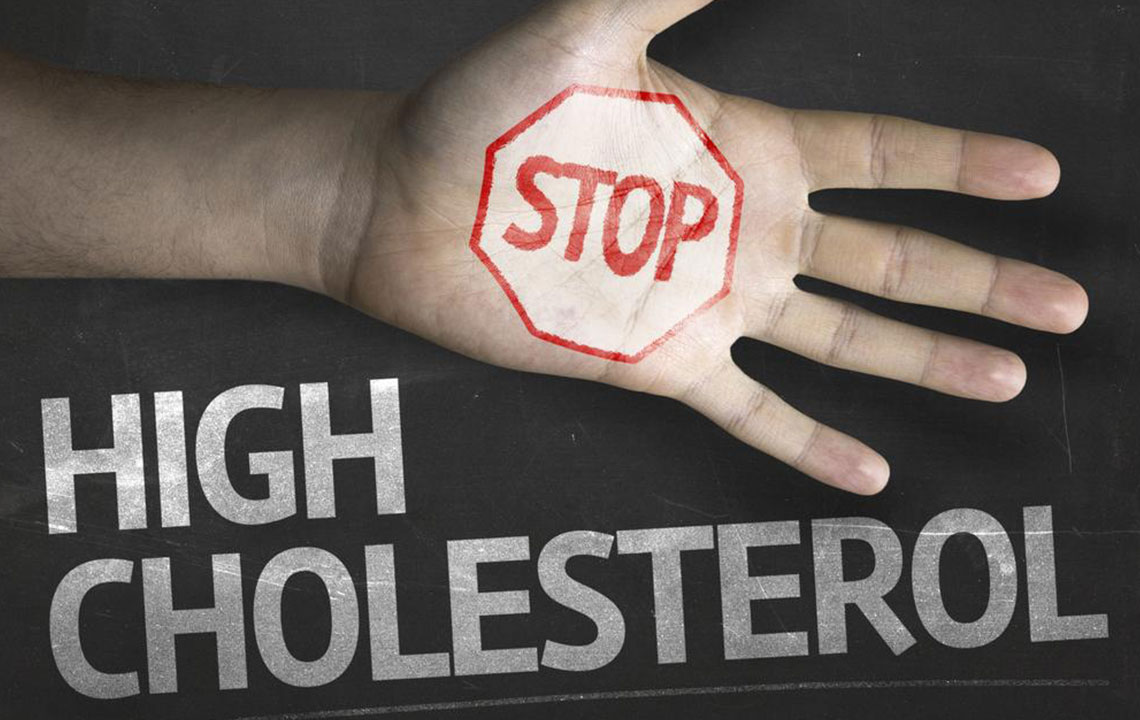Comprehensive Dietary Strategies to Prevent Gallbladder Problems
Discover comprehensive dietary strategies to enhance gallbladder health, prevent gallstone formation, and support digestion. From fiber-rich foods to healthy fats and hydration tips, this guide provides essential nutritional advice for maintaining a healthy gallbladder. Incorporate plant-based diets, control calorie intake, and avoid processed foods to reduce risks and promote overall digestive wellness.
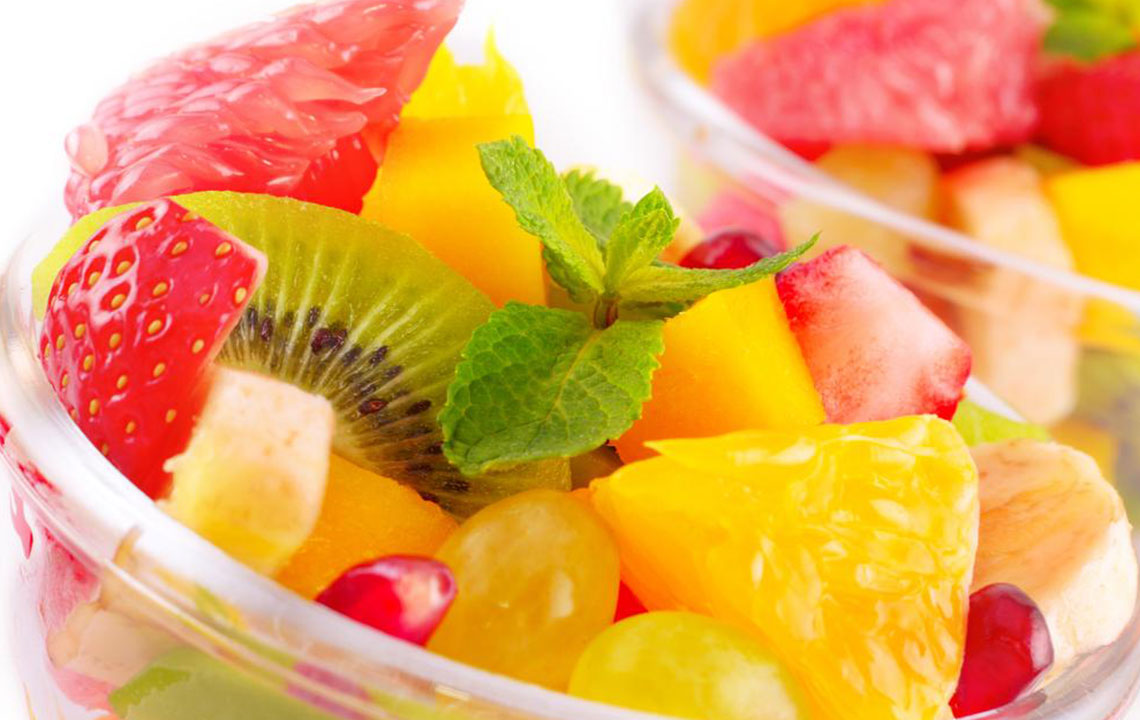
Comprehensive Dietary Strategies to Prevent Gallbladder Problems
The gallbladder, a small, pear-shaped organ located beneath the liver, plays a vital role in your digestive system. Its primary function is to store, concentrate, and release bile—a digestive fluid produced by the liver—into your small intestine, aiding in the efficient breakdown and absorption of dietary fats. Proper functioning of the gallbladder is essential for optimal digestion and overall health. However, various factors such as elevated cholesterol levels, consumption of saturated fats, excessive alcohol intake, obesity, and specific health conditions can compromise gallbladder health, leading to the formation of gallstones and other complications.
Gallstones, which are hardened deposits of digestive fluid, often present with symptoms like nausea, bloating, indigestion, back pain, and excessive gas. When these stones obstruct bile flow and cannot be dissolved through medication, surgical removal of the gallbladder becomes the recommended treatment. Nevertheless, adopting a healthy, balanced diet is crucial not only for managing existing gallbladder issues but also for preventing their occurrence altogether. Here, we explore evidence-based dietary guidelines that promote gallbladder health and reduce the risk of gallstone formation.
The Significance of Diet in Maintaining Gallbladder Health
A diet high in saturated fats and processed foods increases cholesterol levels in the bile, promoting the development of gallstones. Excess weight further compounds this risk, making overweight and obese individuals more susceptible. Conversely, certain dietary patterns can effectively lower the likelihood of gallbladder problems. Maintaining a diet rich in fruits, vegetables, dietary fiber, and adequate hydration is fundamental in supporting gallbladder health.
Communities that consume a diet emphasizing plant-based foods, healthy fats, and whole grains tend to have a lower incidence of gallstone disease. Achieving a balanced, low-fat, moderate-calorie diet supports overall body health and minimizes the chances of gallstone recurrence. The goal is to reduce cholesterol saturation in bile, improve bile flow, and prevent crystal formation that can develop into stones.
Foods to Prioritize for a Healthy Gallbladder
Incorporate a wide variety of vegetables such as tomatoes, beets, cucumbers, sweet potatoes, and dark leafy greens like spinach and kale, which are high in dietary fibers and essential nutrients. These vegetables help bulk up bile and promote regular bowel movements, reducing the concentration of bile cholesterol. Omega-3 fatty acids—found in fatty fish like salmon, mackerel, and sardines—as well as plant-based sources such as flaxseeds, chia seeds, and hemp seeds, offer anti-inflammatory benefits and help lower blood cholesterol levels.
Following a diet with a low glycemic index (GI), which emphasizes complex carbohydrates like legumes, oats, whole grains, and fibrous fruits, helps prevent sudden blood sugar spikes that can trigger insulin resistance, a risk factor for gallstone formation. Plant-based proteins—such as beans, lentils, nuts, and seeds—are preferable over animal proteins, as they contain less saturated fat and are easier for the body to digest.
Caloric Intake and Portion Control
Controlling calorie consumption is essential for maintaining a healthy weight, as rapid weight loss and obesity are key contributors to gallstone development. Gradual weight reduction through consistent, moderate caloric deficits is advised to avoid shocking the system and disrupting bile flow. Implementing smaller, more frequent meals can promote steady digestion and prevent bile stasis.
Fiber: Your Gallbladder Ally
Dietary fiber is a potent ally in preventing gallstones. Fiber helps decrease cholesterol absorption and promotes the excretion of bile acids, reducing the concentration of cholesterol in bile. Include a diverse range of high-fiber foods such as fruits, vegetables, whole grains, legumes, nuts, and seeds. Remember to increase fiber intake gradually to allow the digestive system to adapt, preventing discomfort like bloating or constipation.
Hydration and Its Role in Gallbladder Health
Staying well-hydrated is vital for overall digestive health. Drinking sufficient water helps dilute bile, keeps it flowing smoothly, and prevents the formation of sludge and crystals. Aim for at least 8 glasses of water daily, adjusting based on activity level and climate conditions. Proper hydration also aids in preventing constipation, which can increase pressure on the gallbladder.
Magnesium-Rich Foods for Gallbladder Support
Magnesium plays a significant role in promoting healthy bile production and preventing gallstone formation. Foods rich in magnesium include dark leafy greens such as spinach, Swiss chard, and kale; nuts and seeds like almonds, pumpkin seeds, and sunflower seeds; fatty fish; soy products; avocado; yogurt; bananas; and dark chocolate. Incorporating these into your diet can help regulate bile composition and improve gallbladder function.
Avoiding Harmful Foods During Recovery and Prevention
For individuals with gallstones or those recovering after gallbladder surgery, certain foods should be limited or avoided altogether. These include dairy products, gluten-containing foods, fried and processed foods, red and processed meats, spicy dishes, and foods high in artificial additives. Alcohol, caffeine, sugary drinks, and artificial sweeteners should also be minimized to reduce inflammation and irritation.
Maintaining this dietary pattern not only supports recovery but also promotes long-term gallbladder health by reducing inflammation, preventing stone formation, and supporting overall digestive efficiency.
Additional Lifestyle Tips for Gallbladder Wellness
A balanced diet combined with regular physical activity can significantly lower your risk of gallstone formation. Engaging in moderate exercise helps manage weight, improve metabolism, and enhance bile flow. Avoiding rapid weight loss diets and promoting gradual weight reduction are effective strategies for maintaining gallbladder health. Regular medical checkups and discussions about digestive health are also recommended, especially if you experience symptoms like recurring indigestion, abdominal pain, or nausea.
